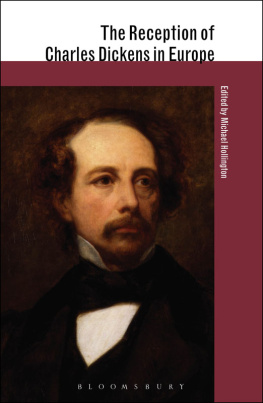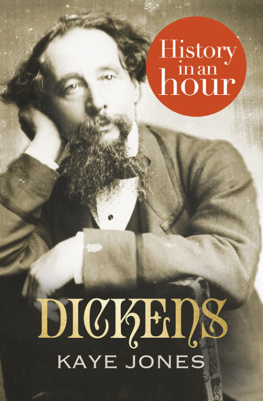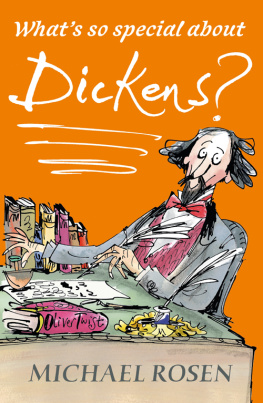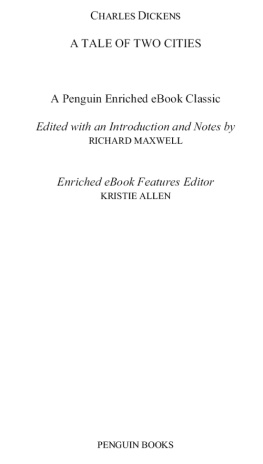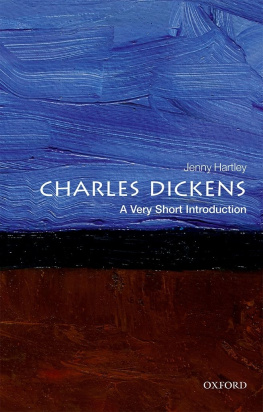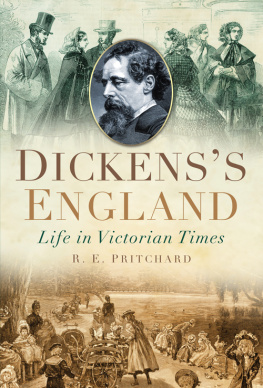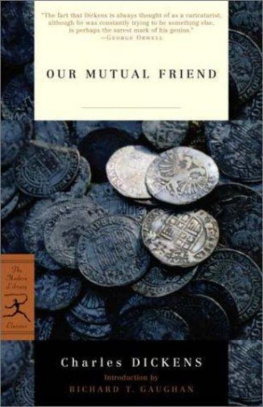The Reception of British and Irish Authors in Europe
Series Editor: Elinor Shaffer
School of Advanced Study, University of London
Published Volumes
Volume I: The Reception of Virginia Woolf in Europe
Edited by Mary Ann Caws and Nicola Luckhurst
Volume II: The Reception of Laurence Sterne in Europe
Edited by Peter de Voogd and John Neubauer
Volume III: The Reception of James Joyce in Europe
Edited by Geert Lernout and Wim Van Mierlo
Volume IV: The Reception of Walter Pater in Europe
Edited by Stephen Bann
Volume V: The Reception of Ossian in Europe
Edited by Howard Gaskill
Volume VI: The Reception of Byron in Europe
Edited by Richard Cardwell
Volume VII: The Reception of H. G. Wells in Europe
Edited by Patrick Parrinder and John Partington
Volume VIII: The Reception of Jonathan Swift in Europe
Edited by Hermann Real
Volume IX: The Reception of David Hume in Europe
Edited by Peter Jones
Volume X: The Reception of W. B. Yeats in Europe
Edited by Klaus Peter Jochum
Volume XI: The Reception of Henry James in Europe
Edited by Annick Duperray
Volume XII: The Reception of D. H. Lawrence in Europe
Edited by Dieter Mehl and Christa Jansohn
Volume XIII: The Reception of Sir Walter Scott in Europe
Edited by Murray Pittock
Volume XIV: The Reception of Jane Austen in Europe
Edited by A. A. Mandal and Brian Southam
Volume XV: The Reception of S. T. Coleridge in Europe
Edited by Elinor Shaffer and Edoardo Zuccato
Volume XVI: The Reception of P. B. Shelley in Europe
Edited by Susanne Schmid and Michael Rossington
Volume XVII: The Reception of Charles Darwin in Europe
Edited by Eve-Marie Engels and Thomas F. Glick
Volume XVIII: The Reception of Oscar Wilde in Europe
Edited by Stefano Evangelista
Forthcoming volumes in the series include:
The Reception of Isaac Newton in Europe
Edited by Helmut Pulte and Scott Mandelbrote
The Reception of Robert Burns in Europe
Edited by Murray Pittock
The Reception of George Eliot in Europe
Edited by Catherine Brown and Elinor Shaffer
The Literary and Cultural Reception of Charles Darwin in Europe
Edited by Thomas F. Glick and Elinor Shaffer
The Reception of William Blake in Europe
Edited by Sibylle Erle and Morton D. Paley
The Reception of British and Irish Authors in Europe
Series Editor: Elinor Shaffer
School of Advanced Study, University of London
The Reception of Charles Dickens
in Europe
Volume I & II
Michael Hollington
Bloomsbury Academic
An imprint of Bloomsbury Publishing Plc
50 Bedford Square | 1385 Broadway |
London | New York |
WC1B 3DP | NY 10018 |
UK | USA |
www.bloomsbury.com
Bloomsbury is a registered trade mark of Bloomsbury Publishing Plc
First published 2013
Michael Hollington and contributors, 2013
All rights reserved. No part of this publication may be reproduced or transmitted in any form or by any means, electronic or mechanical, including photocopying, recording, or any information storage or retrieval system, without prior permission in writing from the publishers.
No responsibility for loss caused to any individual or organization acting on or refraining from action as a result of the material in this publication can be accepted by Bloomsbury Academic or the author.
British Library Cataloguing-in-Publication Data
A catalogue record for this book is available from the British Library.
ISBN: 978-1-6235-6035-5
Library of Congress Cataloging-in-Publication Data
A catalog record for this book is available from the Library of Congress.
Typeset by Fakenham Prepress Solutions, Fakenham, Norfolk NR21 8NN
Visit www.bloomsbury.com to find out more about our authors and their books.
You will find extracts, author interviews, author events and you can sign up for newsletters http://www.bloomsbury.com/uk/newsletter to be the first to hear about our latest releases and special offers.
Contents
The reception of British authors in Britain has in good part been studied; indeed, it forms our literary history. By contrast, the reception of British authors in Europe has not been examined in any systematic, long-term or large-scale way. With our volume on Jonathan Swift (2005), we altered our Series title to The Reception of British and Irish Authors in Europe, as a reminder that many writers previously travelling under the British flag may now be considered or claimed as belonging to the Republic of Ireland (1948) or Eire.
But the name of Charles Dickens is everywhere associated with Englishness, with Victorian England, with London, and thereby (perhaps paradoxically) through his creation of a literary world of characters recognizable everywhere as a European, an international, and a timeless figure.
It is the aim of this Series to initiate and forward the study of the reception of British and Irish authors in continental Europe, or, as we would now say, the rest of Europe as a whole, rather than as isolated national histories with a narrow national perspective. The perspectives of other nations greatly add to our understanding of individual contributors to that history. The history of the reception of British authors extends our knowledge of their capacity to stimulate and to call forth new responses, not only in their own disciplines but in wider fields and to diverse publics in a variety of historical circumstances. Often these responses provide quite unexpected and enriching insights into our own histories, politics and culture. Individual works and personalities take on new dimensions and facets. They may also be subject to enlightening critiques. Our knowledge of the writers of the British Isles is simply incomplete and inadequate without these reception studies.
By authors we mean writers in any field whose works have been recognized as making a contribution to the intellectual and cultural history of our societies. Thus the Series includes literary figures such as Laurence Sterne, Virginia Woolf and James Joyce; philosophers such as David Hume and John Locke; historians and political figures such as Edmund Burke; and scientists such as Charles Darwin and Isaac Newton, whose works have had a broad impact on thinking in every field. In some cases individual works of the same author have dealt with different subjects, each with virtually its own reception history; so Burkes Reflections on the French Revolution (1790) was instantaneously translated, and moulded thinking on the power struggles in progress in the Europe of his own day; his youthful A Philosophical Enquiry into the Origin of our Ideas of the Sublime and Beautiful (1757) exerted a powerful influence on aesthetic thought and the practice of writing and remains a seminal work for certain genres of fiction and art. Similarly, each of Laurence Sternes major works of fiction, Tristram Shandy and A Sentimental Journey , has its own history of reception, giving rise to a whole line of literary movements, innovative progeny and concomitant critical theory in most European countries. With Dickens it sometimes seems as if individual characters walked out of his pages and joined up with others of similar stature so Mr Pickwick, David Copperfield, Pip, Mr Micawber and old Scrooge ventured forth with Don Quixote, Falstaff and The Brothers Karamazov.

